News
Read the impact of your support.
Stay updated on life-saving research and patient care —subscribe to our newsletter today!
"*" indicates required fields
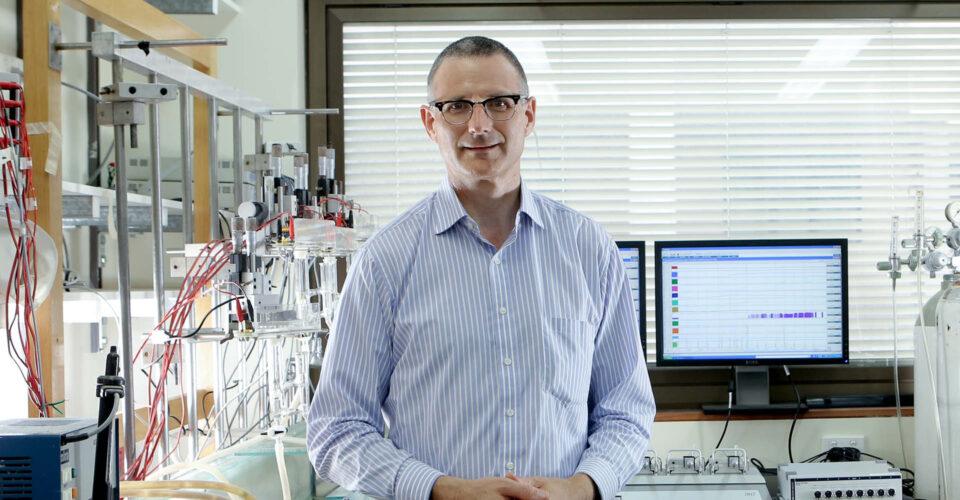
Using the heart to save the heart
Peter Molenaar seeks to identify better use of medicines for the prevention of sudden, unexpected death in patients with heart failure by using the heart itself – sourcing small pieces…
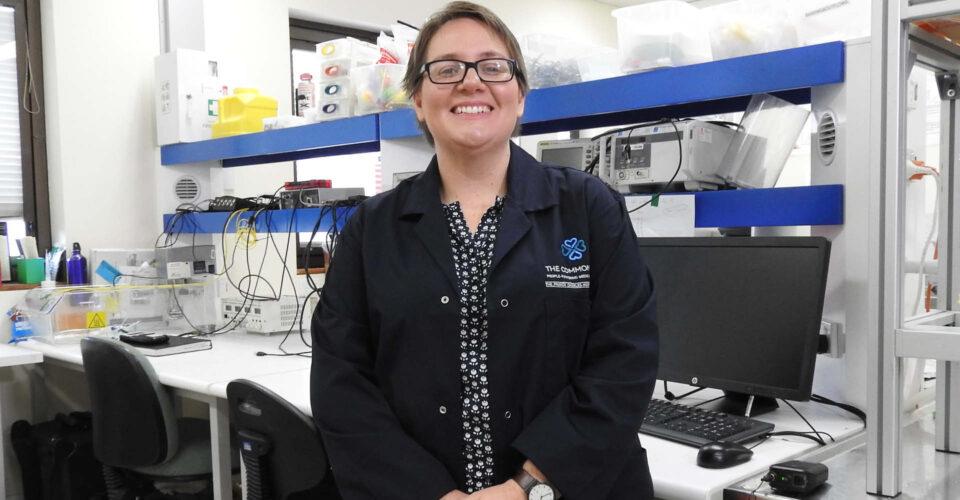
Reducing surgery time for heart device implants
With this revolutionary device, patient recovery time is expected to be greatly decreased and their post-surgery quality of life will significantly improve – patients will be able to get back…
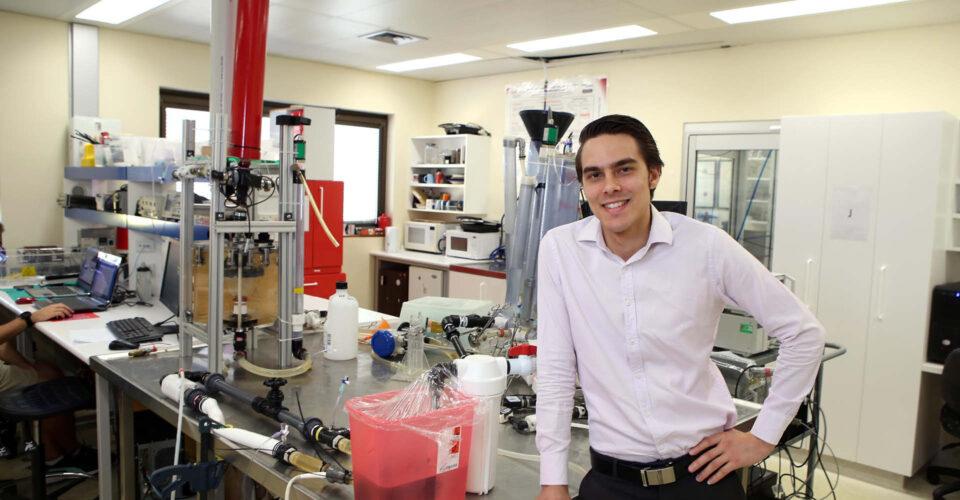
Allowing heart devices to respond to the body
This is a world first project using fibre optics to create a responsive heart pump.
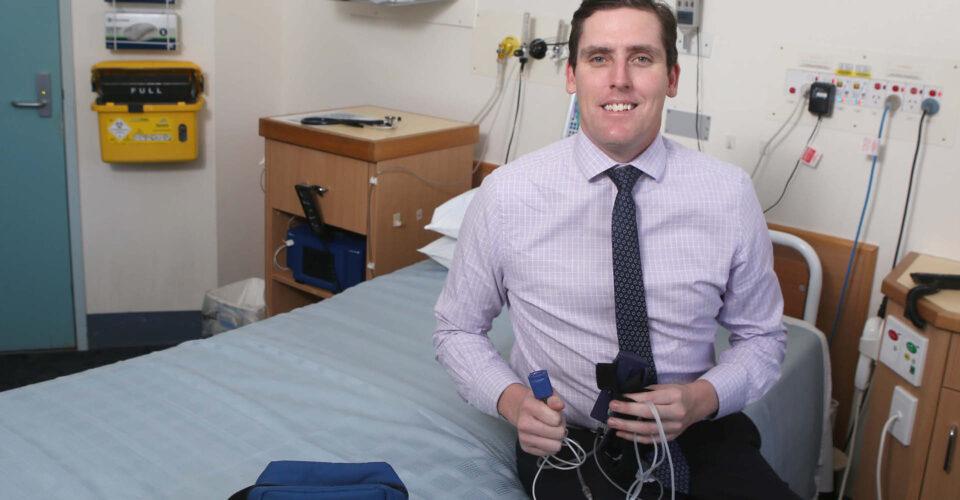
Identifying sleep apnoea in mental health patients
Dr James Anderson, a Sleep Fellow at The Prince Charles Hospital, wants to make sure that these most vulnerable people in our community are receiving the care they need.
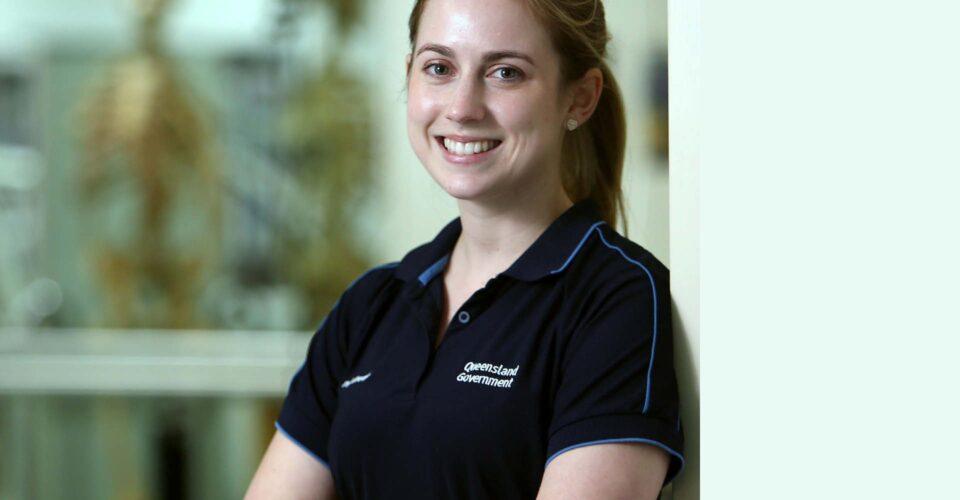
No place like home: Helping ICU patients get home faster
Jemima is investigating whether we can improve the current guidelines for exercising ICU patients, in order to aid their recovery and get them home to their families sooner.
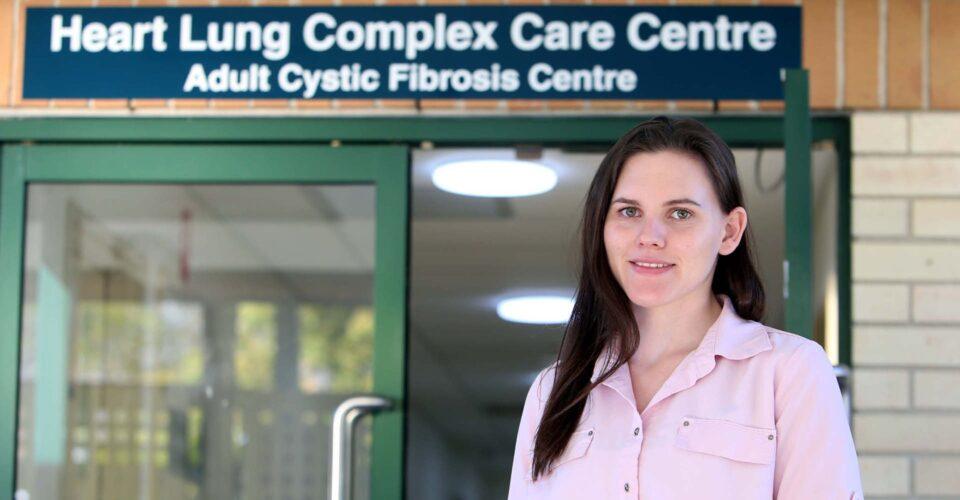
Predicting flare ups in chronic lung diseases
The success of this project will lead to improved quality of care and reduced side effects for people with CADs, as well as reduce the number of people who fall…
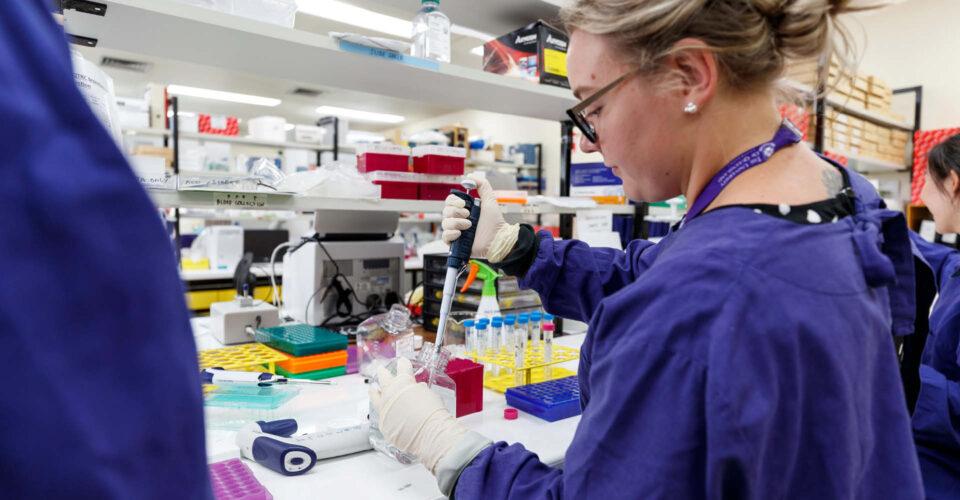
Identifying the cause to improve treatment of COPD 'flare ups'
Certain pathogens are responsible for a large portion of exacerbations in COPD patients - however it is not clear exactly which ones. Professor Ian Yang wants to define the most…
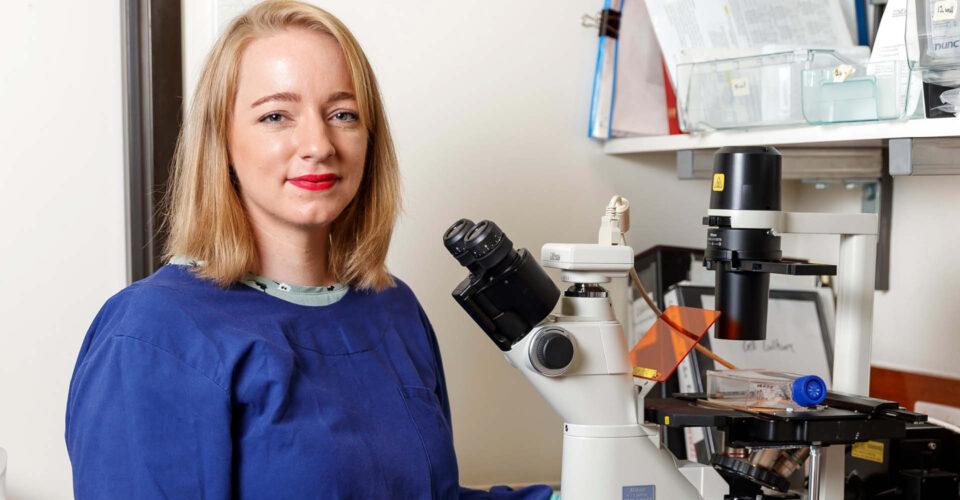
How do air pollutants affect patients with COPD?
Patients with lung disease already experience infections, flare-ups and difficulty breathing. So what happens when these people are exposed to air pollutants, which are damaging even for healthy lungs?

Reducing the Strain by helping regional CF patients.
Dr George Tay and his team are working to develop and online educational hub for clinicians to locate the latest information on Cystic Fibrosis, CF treatments, and related ailments and…
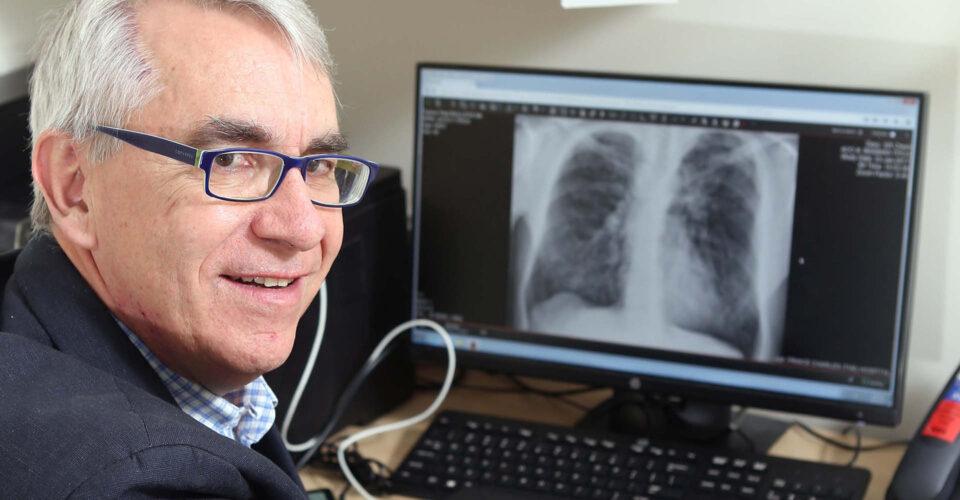
How a cough led to world-class treatment for CF
Years ago Dr Scott Bell set out to answer a simple question: how far could bacteria in a cough travel? While this information might seem trivial for the general public,…
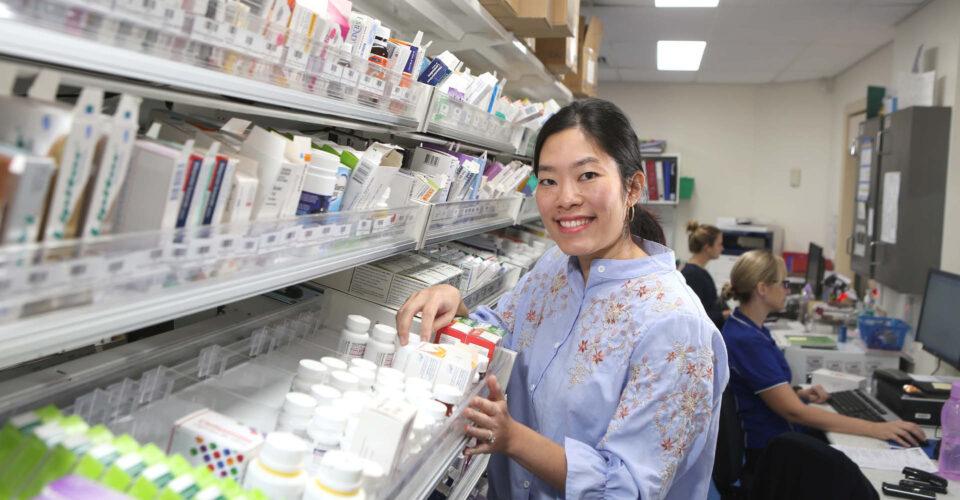
Improving the quality of life for Cystic Fibrosis patients
Tiffany is investigating the optimal antibiotic doses for adult CF patients so they can not only survive but thrive.
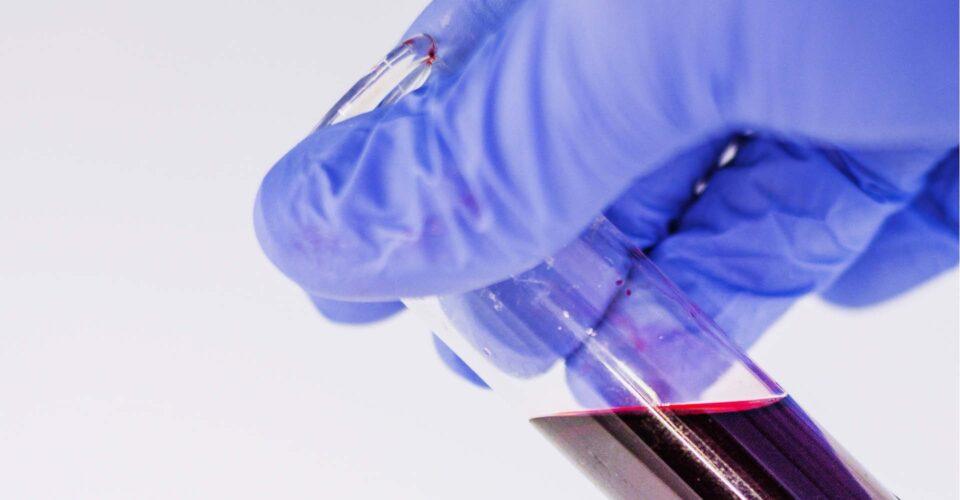
Using blood to help predict lung cancer progression
Professor Kwun Fong and his team are committed to find a way to non-invasively predict disease progression in lung cancer patients, by assessing their blood – using small vesicles known…